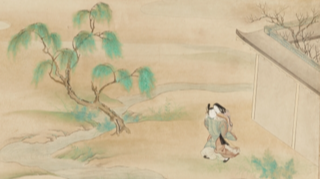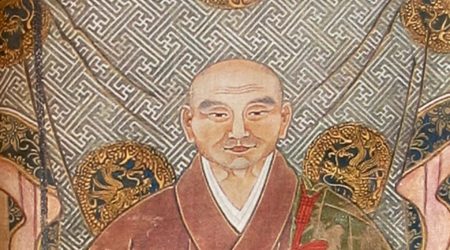The worship of money is widespread in contemporary Japanese society
Japan’s average wage is the lowest among the G-7 industrialized countries.
It is often featured in the economic news these days, and ultimately it seems to lead to social criticism.
Japanese leaders and intellectuals are trying to come up with various solutions for that issue.
Many Japanese people have been longing for an increase in their wages.
However, I have a great concern about their direction.
They base it on a common perception that wage increases will solve all their worries.
They overlook an important thing: money can make us happy, and it can also make us unhappy.
I feel that the worship of money is widespread in contemporary Japanese society.
Japanese people like the motto, “Money isn’t everything”.
But actually, many of them make a value judgment on all things based on an amount of money.
For them, an expensive item is a good thing, and a high-paying job has significant human value.
After all, money is everything for them.
I think that no matter how rich one may be, one cannot live happily while being greedy for money.
People who are greedy for money cannot be satisfied.
So I don’t think that an increase in wages is directly linked to true happiness in today’s Japan.
Over 170 years ago, Townsend Harris, who was the U.S. Ambassador to Japan, wrote a record of his stay in Japan.
According to it, Japanese people at that time lived peacefully in honest poverty regardless of whether they were rich or poor.
He seemed to feel that Japan was a kind of paradise.
So he was not sure that opening Japan and modernization would be good for the Japanese people.
He had a penetrating insight.
Japan’s economic growth created the illusion that money made people happy.
Today, that illusion is tormenting Japanese society.





